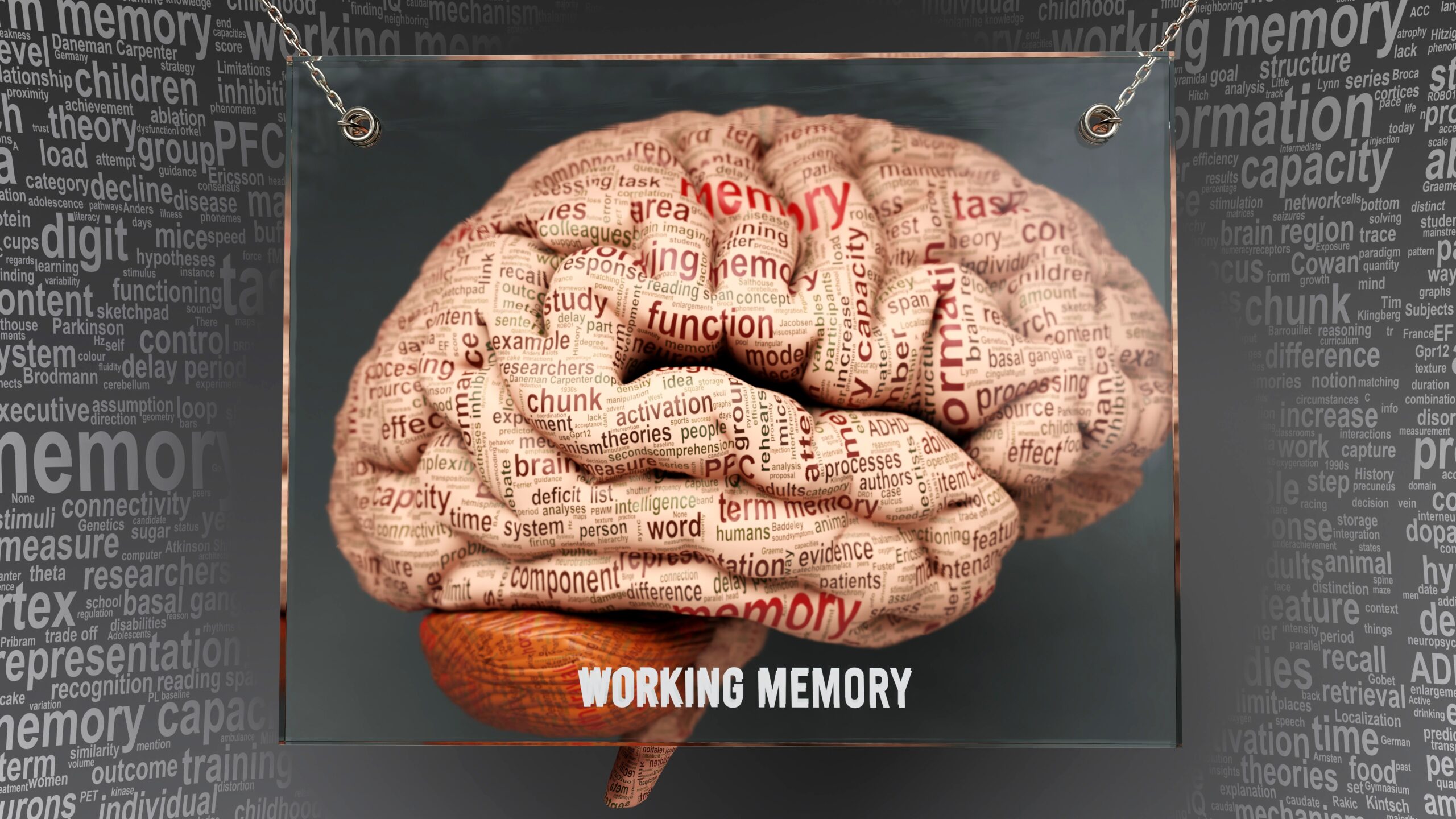
Developmental language delay is a common concern among parents and caregivers of young children. It refers to a child’s difficulty in acquiring language skills at a typical rate for their age. This can include difficulties with expressing themselves through words, understanding what others are saying, and using language to communicate their needs and desires.
It’s important to note that every child is different and will develop at their own pace. However, if you are concerned about your child’s language development, there are several things you can do to help them.
First, it’s important to talk to your child’s doctor to rule out any medical conditions that may be causing the language delay. If a medical condition is not the cause, your doctor may refer you to a speech-language pathologist, who can assess your child’s language skills and provide recommendations for treatment.
There are also several things you can do at home to support your child’s language development. These include:
- Talking to your child regularly and using simple, clear language
- Reading books with your child and discussing the story
- Encouraging your child to ask questions and express their thoughts and feelings
- Providing opportunities for your child to engage in play, which helps with language development
- Using gestures, such as pointing, to help your child understand words
It’s also important to be patient and remember that language development takes time. With the right support and guidance, most children with language delay will eventually catch up to their peers.
If you have concerns about your child’s language development, don’t hesitate to seek help from a healthcare professional. Early intervention is key to helping children with language delay reach their full potential.






